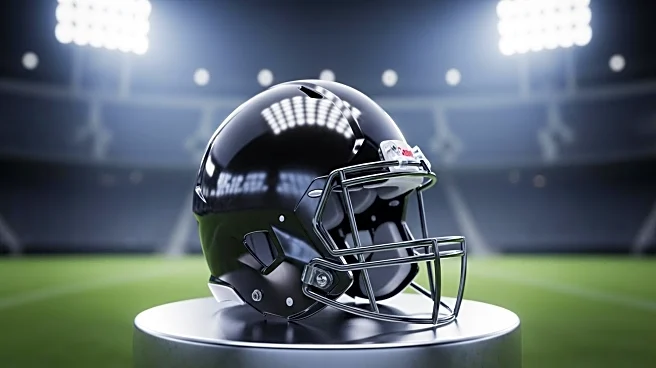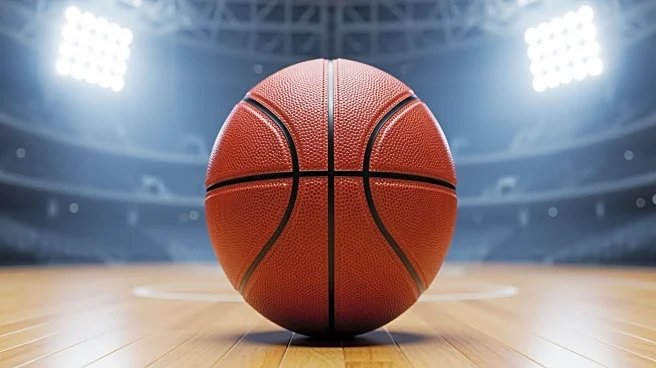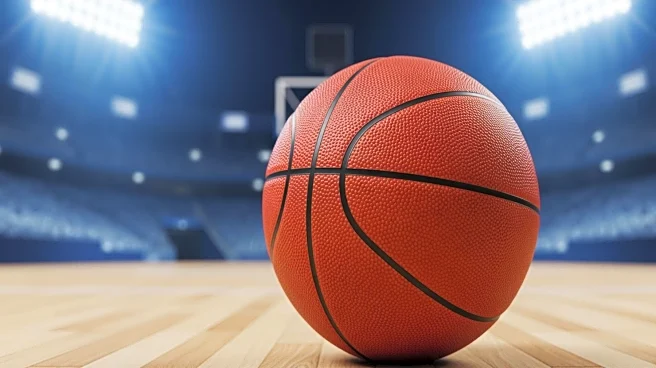What's Happening?
Elijah Arroyo, a rookie second-round pick for the Seattle Seahawks, made his debut in the team's 17-13 loss to the San Francisco 49ers. Arroyo caught his only target for seven yards during the game, playing 16 out of 52 offensive snaps, which accounts for 31 percent of the team's total offensive playtime. Despite his athleticism and potential for high long-term upside due to his pass-catching abilities, Arroyo's participation was limited compared to AJ Barner, who played 44 snaps, or 85 percent of the offensive plays. Barner's role as a dependable run blocker appears to align more closely with the Seahawks' current offensive strategy.
Why It's Important?
Arroyo's limited involvement in his debut highlights the challenges rookies face in securing significant playtime, especially in teams with established players like AJ Barner. The Seahawks' decision to prioritize Barner's run-blocking skills over Arroyo's pass-catching potential may reflect their strategic focus on strengthening their running game. This could impact Arroyo's development and integration into the team, potentially delaying his opportunity to showcase his full capabilities. For the Seahawks, balancing the development of new talent with immediate team needs is crucial for long-term success.
What's Next?
As the season progresses, the Seahawks may reassess their offensive strategies, potentially increasing Arroyo's involvement if his pass-catching skills prove beneficial. The coaching staff will likely monitor his performance closely, considering adjustments to maximize his contributions. Fans and analysts will be watching to see if Arroyo can leverage his athleticism to become a more integral part of the Seahawks' offense, especially in games where a strong passing game is needed.
Beyond the Headlines
Arroyo's debut underscores the broader dynamics of rookie integration into professional sports teams, where balancing immediate team needs with player development is a constant challenge. His situation may prompt discussions on how teams can better support rookies in transitioning from college to professional play, ensuring they reach their potential while contributing effectively to team goals.










